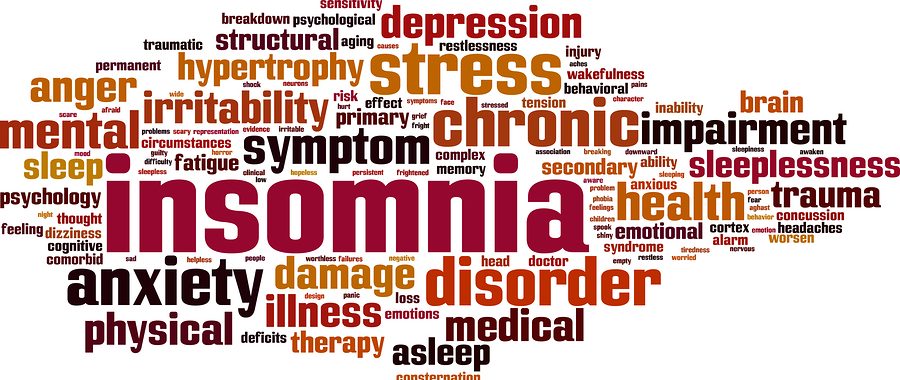
Neurological Assessments Can Be the Biggest Ally in Your Client’s Car Accident Case
Neurological assessments, also known as neuro exams, are finally being recognized for their invaluable insights into brain injury prognosis and treatment. Lawyers, power of attorneys, doctors, chiropractors, and other health care professionals can request a neurological assessment for a client who experienced trauma. This will not only be beneficial for the client, but it will benefit any professional seeking justice and proper treatment for their client.
What are Neurological Assessments?
The body’s central nervous system (brain, spinal cord, and connected nerves), manages everything, including muscle movement, organ function, thinking, planning, and more.
A neurological assessment can detect more than 600 types of known central nervous system disorders. A series of tests create a neurological assessment to assess someone’s muscle and mental strength, balance, reflexes, mental strength, and other central nervous system functions1.
Why are Neurological Assessments Used?
- Symptoms of psychological and neurological injuries can be similar. Neurological assessment can differentiate between these symptoms to accurately identify and diagnose a neurological injury.
- Early diagnosis can help you get the right treatment and may decrease long-term complications.
Check off which symptoms of a nervous system disorder your client is showing below.
_____ Weakness and/or fatigue
_____ Changes in behavior or mental ability
_____ Confusion
_____ Blurry vision
_____ Slurred speech or a speech impediment
_____ Changes in the senses (hearing loss, inability to smell)
_____ Headaches or migraines (or increase in headaches or migraines)
_____ Numbness in the arms and/or legs
_____ Balance and/or coordination issues
_____ Fever
_____ Seizures
Neurological Assessments Benefit Professionals Caring for or Representing Car Accident Clients
Lawyers and Insurance Agents
A neurological assessment can be used as evidence in a legal trial or private proceeding2. It can provide scientific evidence confirming the presence of a traumatic brain injury (TBI), concussion, anxiety, depression, or other trauma-induced stress which helps the client get the appropriate compensation. In most cases, a court hearing is not concluded until months or years after a person has a vehicle collision.
Comparing a client’s health pre- and post-vehicle collision is vital for successful monetary and medical compensation and leave. Neurological exams provide generic and specific information about a person’s abilities, speech, cognition, and more3. This can be a strong piece of evidence to show the impact on a client’s activities of daily living including working, driving, attending to other tasks, or engaging in social events, just as they did pre-trauma.
Doctors and Nurses
Having your patient undergo a neurological exam will help identify and quantify deficits in mental performance4, offering insight into which therapies, dietary changes, medications, and activities would help a patient heal and recover. Studies have shown that adding a neuro exam is more effective in detecting brain lesions than a neuropsychological assessment5.
Chiropractors, Physical Therapists, Psychologists, and other Medical Specialists
Similar to the benefit for doctors and nurses, a neuro exam can pinpoint injuries in the brain and other parts of the body, allowing specialists to use customized care and technique when treating patients.
Power of Attorneys
A neurological exam can provide the information needed to help make the best decisions for the care of a loved one who has suffered a neurological injury. Representing a loved one can be stressful and overwhelming. With the proof of a neuro exam, a power of attorney can get the answers needed to make hard, but important decisions in their loved one’s best interest.
Agile Screening Can Help You and Your Clients
Agile screening helps clinicians and other specialists identify clients who need treatment through neurological assessments so they can receive the care and compensation they deserve to heal from post-collision trauma.
Contact Agile Screening now for more information on available screens or to place an order.
